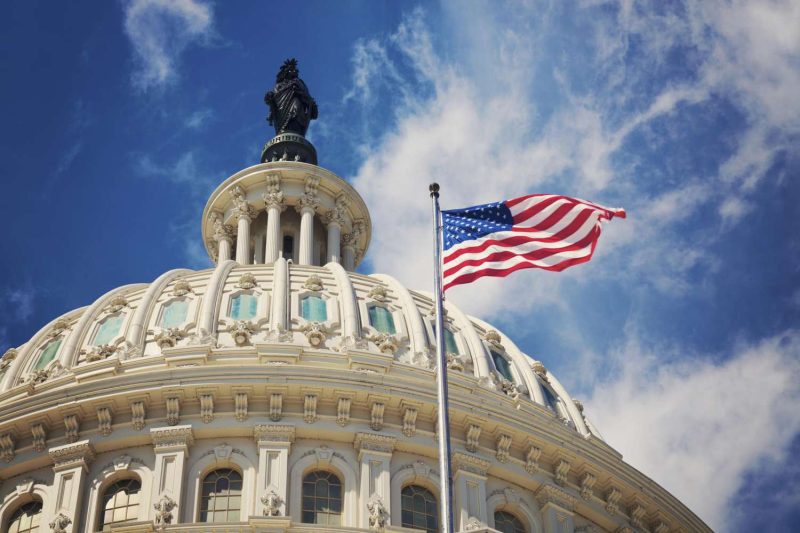ARTICLE AD BOX

The U.S. House of Representatives has taken a significant step toward regulating the cryptocurrency market by passing the Financial Innovation and Technology for the 21st Century Act (FIT21). The bill, approved by a 279-136 vote, now moves to the Senate for further consideration.
Understanding the FIT21 Bill
The FIT21 bill, created by the House Agriculture Committee and the House Financial Services Committee, aims to bring clarity to the regulation of digital assets in the United States. One of the key components of the bill is the establishment of the term “digital commodity” to define certain digital assets, thus outlining the SEC’s regulatory scope.
The primary goals of FIT21 include:
- Clarifying the SEC’s regulatory roles
- Enhancing consumer protections
- Creating a stable environment for digital asset innovation
This legislation seeks to eliminate scams, regulate cryptocurrency exchanges, and protect consumers, thereby fostering a more secure and trustworthy crypto market. The bill received bipartisan support, indicating a broad consensus on the need for clearer crypto regulations.
Republicans just banned me from speaking on the House Floor for the rest of the day because I listed Trump's trials.
I didn't say he was guilty, I just stated the fact that they exist—and for that I was silenced.
Apparently, Republicans are allowed to say that Trump's trial is… https://t.co/ajpmtxAze1
— Rep. Jim McGovern (@RepMcGovern) May 22, 2024
Legislative Journey and House Proceedings
The journey of FIT21 through the House was not without its hurdles. The proceedings started with a delay due to a comment by Rep. Jim McGovern about former President Donald Trump, which led to a standoff that lasted over an hour. Once the proceedings resumed, the bill advanced through the committee stage with a narrow 204-203 vote before heading into final debates.

During the final debates, Congressman Patrick McHenry emphasized the importance of FIT21, stating that the legislation “will cement the United States’ global leadership in technological innovation, invention, and adoption.” The bill ultimately passed with a strong majority, with 71 Democrats joining Republicans in support.
“This vote represents years of tireless effort from policymakers, their staff, and the industry to safeguard consumers and keep the US at the forefront of digital innovation,” said Sheila Warren, CEO of the Crypto Council for Innovation. She highlighted the bipartisan support as proof that innovation and consumer protection can coexist in the digital assets space.
What’s Next for the FIT21 Bill?
Despite the bill’s passage in the House, its journey is far from over. The next step is consideration by the U.S. Senate. The Biden administration has expressed objections to the bill, citing a lack of a comprehensive regulatory framework for digital assets. However, the administration has also shown a willingness to collaborate with lawmakers to create clear crypto legislation and has indicated it will not veto the bill.
The House also passed another bill that explicitly bans the U.S. Federal Reserve from issuing a Central Bank Digital Currency (CBDC), reflecting ongoing debates about the future of digital currencies in the U.S. financial system.
.png)
 5 months ago
2
5 months ago
2








 English (US)
English (US)